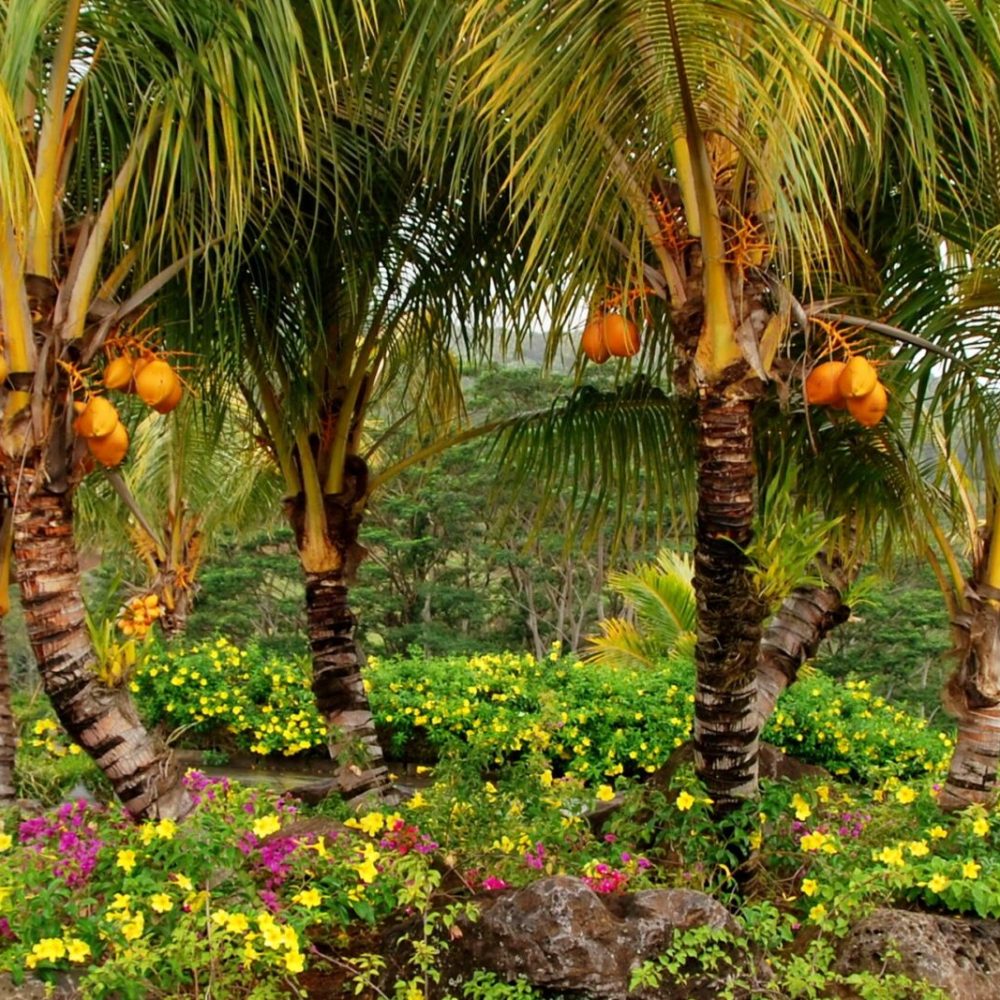- Why HABO?
- By Product
- By BioTech
- By Brand
- By Benefits
- By Types
- By Needs
- MKTG
- Education

0%

The balance between external well-being, obtained through the conscious use of Natural elements, and internal well-being obtained with respect for the elements fundamentals of life, is of extreme importance for the HABO HAWAII.
THE 5 ELEMENTS OF LIFE:
Infinity
Water
Air
Earth
Fire
The fusion of the 5 Elements of LIFE creates Global Wellbeing!
The balance between external well-being, obtained through the conscious use of Natural elements, and internal well-being obtained with respect for the elements fundamentals of life, is of extreme importance for the HABO HAWAII.
THE 5 ELEMENTS OF LIFE:
Infinity
Water
Air
Earth
Fire
The fusion of the 5 Elements of LIFE creates Global Wellbeing!

In the 1970s, Bill Mollison and David Holmgren coined the term "permaculture" to indicate a cultivation technique which, rather than using fertilizers and high-maintenance machines, follows the principles of nature, that is, it involves a project designed with maximum efficiency and a precise choice of plants and animals that optimizes food production and at the same time limits human intervention as much as possible.
At first linked to a niche of specialists, the discipline has gradually gained an increasingly mainstream visibility. The permacultureglobal.com site lists 1,464 official projects worldwide ranging from eco-villages to wide-ranging initiatives such as the Kusamala Institute of Agriculture & Ecology in Malawi, a demonstration site of 20 hectares dedicated to the development of techniques for local agriculture, individual projects such as Paradise Lot, an urban paradise in Massachusetts.

"A growing focus that goes hand in hand with an increase in educational options," and the Australian Permaculture Institute founded with Mollison in 1997.
In the last decade alone, 7,000 have taken advantage of his teachings.
A "human organic system", as Mollison defined it over thirty years ago, permaculture seems to be successful precisely because it is a holistic discipline capable of offering practical tools to build a concrete modus vivendi and operandi, using a multidisciplinary approach that combines principles of architecture, biology, agriculture, forestry and animal husbandry, taking into consideration local political, environmental and social characteristics.
A trend confirmed by Andrew Faust, who has been offering a permaculture course in NYC for six years, whose students work on concrete ideas linked to the urban context.


"With permaculture we teach people to use knowledge of ecosystems and complex theory to transform waste into resources",
"It's about intelligently using natural laws to promote human development, rather than spending unnecessary resources trying to change a natural system that is already perfect in itself"


Welcome in HAIR PARADISE…